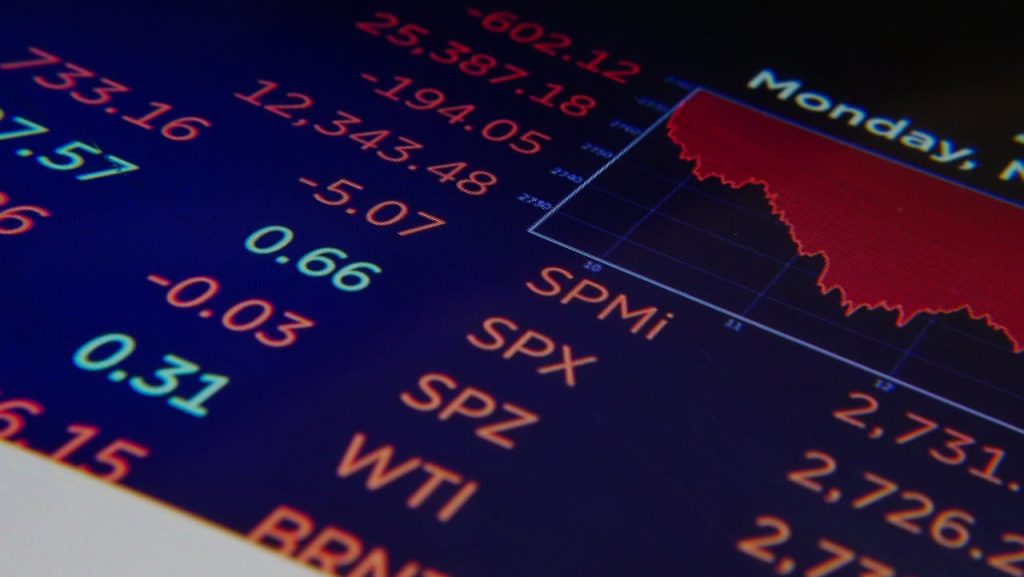
Image Source: pexels.com
Retiring early is a dream for many, but it can feel out of reach if you’re relying solely on a traditional paycheck. That’s where dividend investing comes in—a strategy that lets your money work for you, generating passive income while you sleep. Whether you’re new to the stock market or already dabbling in investments, learning a few smart tricks can make a huge difference in your journey to financial independence. Dividend investing isn’t just for the ultra-wealthy or finance pros; it’s a practical, approachable way to build wealth over time. If you want to retire early and enjoy life on your terms, these seven dividend investing tricks can help you get there faster. Let’s dive in and see how you can start stacking up those dividend checks!
1. Focus on Dividend Growth Stocks
When it comes to dividend investing, not all stocks are created equal. Some companies pay high dividends now but might not sustain them, while others steadily increase their payouts year after year. Focusing on dividend growth stocks—companies with a solid track record of raising dividends—can supercharge your early retirement plan. These businesses often have strong financials and a commitment to rewarding shareholders, which means your income can grow faster than inflation. For example, companies in the S&P 500 Dividend Aristocrats index have increased their dividends for at least 25 consecutive years, making them a great starting point for research. You’ll see your portfolio snowball over time by reinvesting those growing dividends.
2. Reinvest Your Dividends Automatically
One of the most powerful tricks in dividend investing is to reinvest your dividends instead of spending them. Many brokerages offer Dividend Reinvestment Plans (DRIPs) that automatically use your payouts to buy more shares, compounding your returns without any extra effort. This “set it and forget it” approach accelerates your wealth-building, especially in the early years. Over decades, the difference between spending and reinvesting dividends can be massive. Even if you’re tempted to cash out, remember that every reinvested dollar is another step closer to early retirement.
3. Diversify Across Sectors
It’s easy to get excited about a single high-yield stock, but putting all your eggs in one basket is risky. Smart dividend investing means spreading your money across different sectors—like utilities, healthcare, consumer goods, and technology. This diversification helps protect your income if one industry hits a rough patch. For instance, if energy stocks take a hit, your healthcare or consumer staples holdings can help balance things out. A well-diversified portfolio keeps your dividend stream steady and your early retirement plans on track.
4. Watch Out for Dividend Traps
A high dividend yield can be tempting, but sometimes it’s a warning sign. Companies with unusually high yields may be struggling financially, and their payouts could be unsustainable. This is known as a “dividend trap.” Before investing, dig into the company’s financial health—look at payout ratios, earnings stability, and recent news. If a company is paying out more than it earns, that dividend might not last. Reliable dividend investing means choosing quality over quantity, so don’t chase the highest yield without doing your homework.
5. Take Advantage of Tax-Advantaged Accounts
Taxes can eat into your dividend income, but you can keep more of your money by using tax-advantaged accounts like IRAs or 401(k)s. Qualified dividends in these accounts can grow tax-free or tax-deferred, depending on the account type. This means more money stays in your portfolio, compounding over time. If you’re serious about early retirement, maximizing your contributions to these accounts is a smart move.
6. Monitor and Adjust Your Portfolio Regularly
Dividend investing isn’t a “set it and forget it” strategy forever. Companies change, markets shift, and your goals may evolve. Make it a habit to review your portfolio at least once a year. Check if your holdings are still growing dividends, if any companies have cut payouts, or if your sector allocation is out of balance. Rebalancing ensures you’re not taking on too much risk and that your investments are still aligned with your early retirement goals. Staying proactive keeps your dividend investing plan on the right track.
7. Start Early and Stay Consistent
The earlier you start dividend investing, the more time your money has to grow. Even small, regular investments can add up to a significant nest egg over the years. Consistency is key—set up automatic contributions, reinvest dividends, and stick to your plan through market ups and downs. Remember, early retirement isn’t about timing the market; it’s about time in the market. The longer you let compounding work its magic, the sooner you’ll reach financial freedom.
Your Path to Financial Freedom Starts Now
Dividend investing is a powerful tool for anyone dreaming of early retirement. By focusing on growth stocks, reinvesting dividends, diversifying, avoiding traps, using tax-advantaged accounts, monitoring your portfolio, and staying consistent, you can build a reliable stream of passive income. The journey might take time, but every step brings you closer to the life you want. Why wait? Start your dividend investing journey today and watch your future self thank you.
What’s your favorite dividend investing trick, or what’s holding you back from getting started? Share your thoughts in the comments below!
Read More
Vacation Without Breaking the Bank

Travis Campbell is a digital marketer/developer with over 10 years of experience and a writer for over 6 years. He holds a degree in E-commerce and likes to share life advice he’s learned over the years. Travis loves spending time on the golf course or at the gym when he’s not working.






